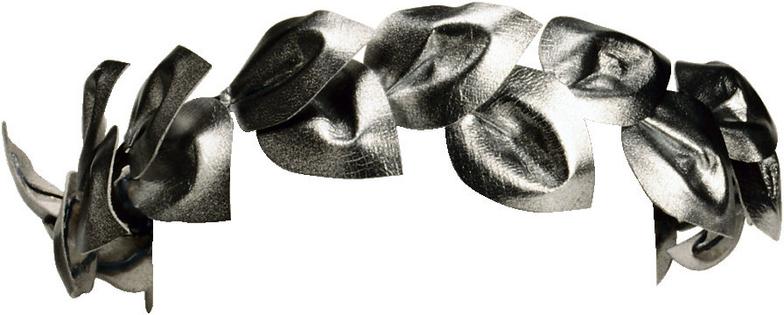Search EnFlourish:
Resources for Language Arts Classrooms
.
.
.
.
.
.
.
.
.
.
.
.
.
.
.
.
.
.
.
.
.
.
.
.
.
.
.
.
.
.
.
.
.
.
.
.
.
.
.
.
.
.
.
.
.
.
.
.
In Brutus’ tent, Cassius opens up. He is angry at the fact that Brutus condemned a man, Lucius Pella, even though Cassius had asked him not to. Brutus accuses Cassius of having an itchy palm (he takes bribes for favors). Cassius is deeply insulted. Brutus goes onto to mention that they killed Caesar for his greed; and they should not contaminate their own fingers with similar greed.
Cassius tells Brutus to quit it. Cassius sees himself as being older and wiser than Brutus. He doesn’t want to be tempted to quarrel further. Brutus continues demeaning Cassius by ridiculing his short-fuse. Cassius cannot believe he is being treated so badly. Cassius warns Brutus to stop before he does something that he will be sorry for.
Brutus, next, reveals why he is so angry at Cassius. Brutus had sent for money from Cassius so that he could pay his soldiers. Cassius supposedly denied him money. Cassius, though, insists that he never denied Brutus any money. The message that came back to Brutus was wrong.
Cassius, then, in a fit of self-loathing speaks on how he is hated by the one he loves. He removes his dagger and asks Brutus to use to stab him. Brutus, after all, loved Caesar more than he ever loved Cassius.
Brutus tells Cassius that his temper goes out as quickly as a flint. He is not angry anymore. Cassius asks Brutus to pardon his own temper. Cassius says that he inherited his hot-temper from his mother, and it is because of his mother that sometimes he becomes forgetful with anger. Brutus promises that the next time Cassius’ temper acts up, he will blame Cassius’ mother and let it rest.
As their argument ends, a poet, Lucilius, Titinius, and Lucius enter. The poet makes a joke on how the men should be friends. Then, he exits.
Brutus orders Lucilius and Titinius to tell the commanders to have their soldiers tent up for the night. Cassius tells them to return afterwards with Messala. They then exit.
Lucius heads out soon after to go get some wine.
Cassius and Brutus are left alone in the tent again. Brutus opens up to Cassius to reveal another thing that has been plaguing his mind. Portia, his wife, killed herself by swallowing fire. She received word that Antony and Octavius had joined forces. She, apparently, knew that her husband was in danger and she couldn’t bear the thought of losing him.
Lucius returns with the wine. Brutus drinks to bury away his grief. Cassius joins him.
Titinius then returns with Messala. They are there to discuss what Antony and Octavius have been up to. Messala confirms the fact that Octavius and Antony are approaching Philippi with their armies. They also speak of senators who have been killed for conspiring against Caesar. One of the senators was Cicero.
Brutus, then, suggests that their armies march upon Philippi to battle their enemies. Cassius thinks it’s better that they stay on the defense so that their men can be as rested up as possible before a fight. Brutus points out that their men are at their strongest now. The longer they wait to fight, the more soldiers that their enemies will be able to gather. It is better to strike while their army is at its height. Cassius decides to go with Brutus’ plan.
All the men leave Brutus with his servant, Lucius. Brutus asks Lucius to play and sing a song for him to help lull him to sleep. As he sings, Lucius falls asleep. Brutus is the only one left awake.
JULIUS CAESAR -- ACT IV, 3
Suddenly, the ghost of Caesar appears. Brutus asks him why he is there. The ghost tells him that he’s there to tell him that they’ll meet again at Philippi. The ghost then disappears.
Brutus wakes up Lucius to see if he saw anything. Lucius saw nothing. Brutus then also wakes up Varro and Claudius to see if they saw anything. They also saw nothing. Brutus, lastly, tells Varro and Claudius that to go tell Cassius that they will move forward with their armies.
Connect with EnFlourish
Note: To purchase our products, you must have a teacherspayteachers account. These accounts are free to create and use at www.teacherspayteachers.com.
©2016, Enflourish Publishing, All Rights Reserved.
BROWSE CONTENTS
by William Shakespeare

